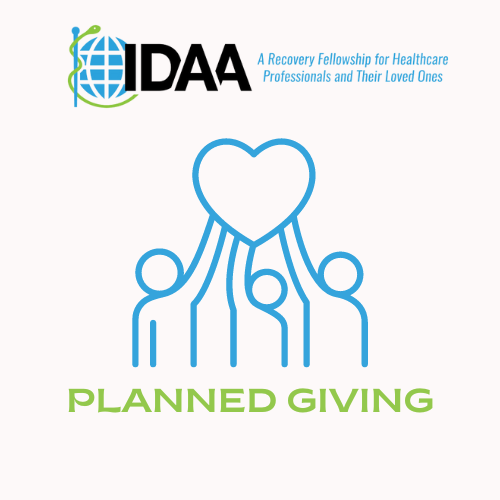Planned Giving at IDAA

A planned gift to IDAA can make a lasting impact on our organization’s future. Whether it’s a bequest, retirement assets, or other charitable gift arrangement, a planned gift provides critical funding to IDAA in the years to come. Below is more information on the various planned giving vehicles you can utilize, as well as the tax advantages associated with each vehicle.
A donor can designate IDAA as a beneficiary of their individual retirement account (IRA). If a donor uses their IRA to support IDAA, it’s not subject to estate tax. However, their IRA is subject to taxation if bequeathed to heirs or family. Donors can also support IDAA through an IRA charitable rollover, which allows individuals 72 and older to make a tax-free gift up to $100,000 directly from their IRA to IDAA.
We recommend that you consult with your legal and financial advisors before proceeding with any planned gift. If you are interested in making a planned gift to IDAA, you can fill out this form and send it to Michelle Van Alst at mvanalst@idaa.org. If you have any questions about planned giving, you can contact Michelle at the e-mail listed above or at 518-339-5078.
A donor-advised fund (DAF) is a personal investment account for charitable or philanthropic giving. It allows individuals/families to make charitable contributions to the donor-advised fund and then distribute directly from the fund to qualified nonprofit organizations of their choice, such as IDAA. Benefits include immediate tax deductions for contributions and the ability to grow donations tax-free through investment before disbursement. If you are interested in learning more about donor-advised funds, please contact your financial advisor or broker.
By completing the form below, you signify your intention to make a planned gift to IDAA. IDAA understands that this is not a contract and not legally binding. We are deeply grateful for your vision and generosity.
